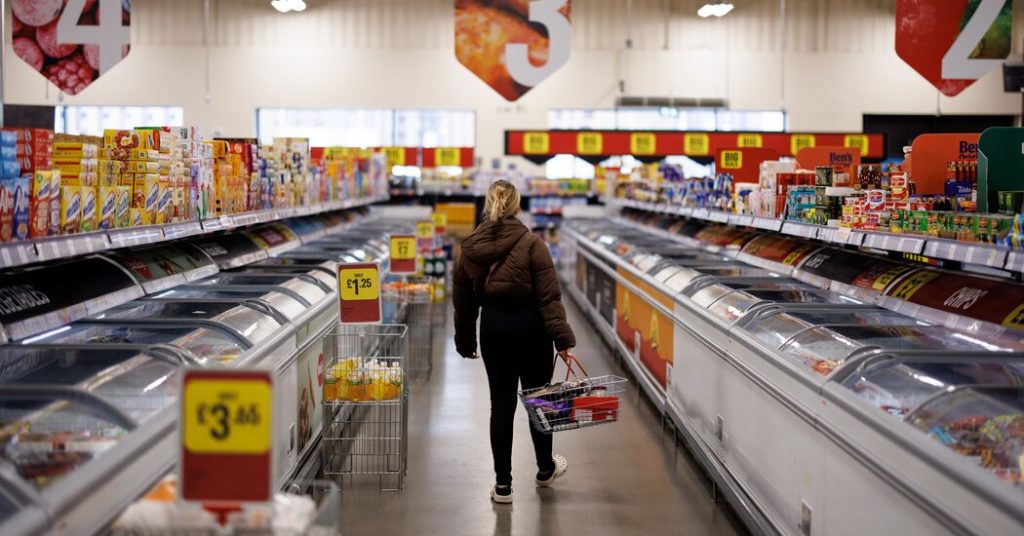Britain’s economy has shown signs of recovery in recent data, with consumer prices rising 2 percent in May and inflation slowing substantially. Although Prime Minister Rishi Sunak is optimistic about the country’s economic outlook, many experts argue that more changes are needed to address years of slow growth and struggling public services. The upcoming general election polls show a desire to remove the Conservative Party from power after 14 years, but the opposition Labour Party has warned that they would inherit an economy with limited room for significant changes.
The period of economic stagnation in Britain can be traced back to the austerity measures implemented by the Conservative Party in 2010 in response to the financial crisis. Government spending was heavily reduced, leading to cuts in public services and investments, negatively impacting productivity and overall economic growth. The legacy of austerity has left Britain’s economy struggling to recover and facing significant challenges in terms of wage growth, living standards, and public service funding.
The economic impact of Brexit has added further strain to Britain’s economy, with policy uncertainty and trade barriers affecting various industries. The distraction of Brexit negotiations also diverted attention away from long-term issues such as infrastructure, innovation, and skills development. As a result, there is a sense that Britain is broken, with public services underfunded, social care in crisis, and widespread challenges in areas such as housing, transportation, and healthcare.
Liz Truss’s brief premiership highlighted the challenges facing the Conservative Party in managing Britain’s economic policy. Her attempts to stimulate economic growth through tax cuts and increased borrowing were met with investor backlash, leading to her resignation. Both major political parties have since focused on fiscal restraint, with pledges not to raise key tax rates, but the need for increased public spending may require tax hikes in the future, challenging these promises.
Looking ahead, economists note that delivering on tax promises will be difficult given the demands for increased public spending in areas such as defense and healthcare. To maintain a balance between reducing debt and funding essential services, the next government will need to focus on sustained economic growth. This will require investments in infrastructure, education, and innovation to stimulate productivity growth, increase wages, and improve living standards. As voters prepare to make their decision in the upcoming general election, they will need to consider each party’s plan for economic growth and recovery on July 4.


